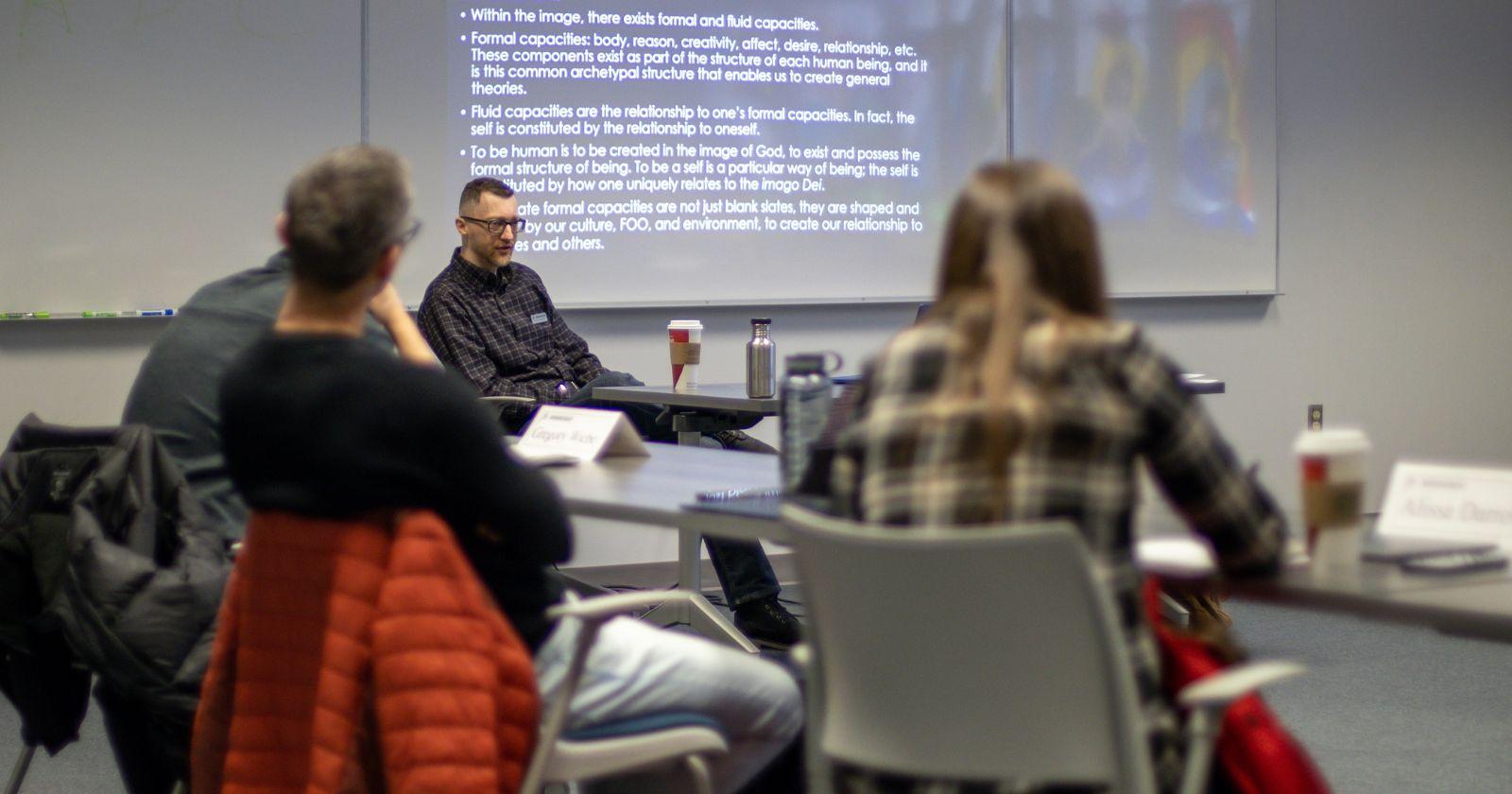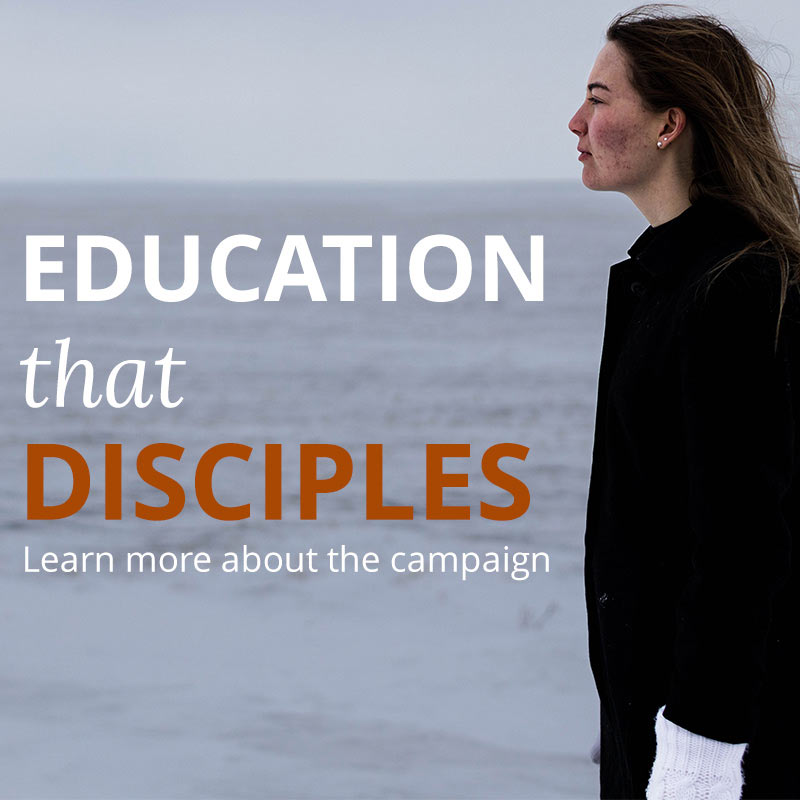Using the study area buttons below find detailed information about the courses being offered.
If you have questions about any of the courses please contact Academic Services.
Study Areas
- Academic Strategies
- Administration
- Anthropology
- Aramaic
- Biblical Studies
- Biology
- Business
- Chemistry
- Children's Ministry
- Christian Ministry
- Classics
- Communications
- Computer Science
- Dance
- Economics
- Education
- English
- English for Academic Purposes
- Environmental Science
- Family Studies
- Film Studies
- Fine Arts
- Geography
- German
- Global Studies
- Greek
- Hebrew
- History
- Humanities
- Indigenous Studies
- Interdisciplinary Studies
- Kinesiology
- Linguistics
- Mandarin
- Mathematics
- Music
- Pastoral Studies
- Philosophy
- Portfolio
- Psychology
- Religious Studies
- Sociology
- Statistics
- Thai
- Theatre
- Theology
- Women's Studies
- Worship Arts
- Youth Ministry
Humanities
-
HUM 490 Humanities Seminar
An interdisciplinary seminar devoted to a particular theme, topic, event, or issue that is of historical and contemporary significance. Course readings will draw from various humanities disciplines (English, history, philosophy, and theological studies). The focus of the course will vary yearly.
Prerequisite: ENG 100 Literature and Composition I and ENG 101 Literature and Composition II and the completion of 75 credit hours of study in the BA Humanities, BA English, or BA History programs


